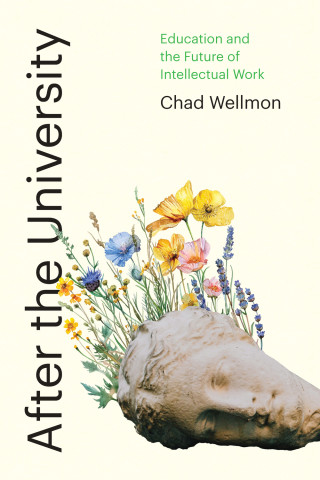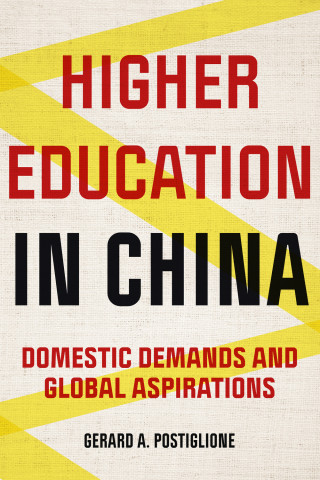
Reviews
Speaking on behalf of colleges and universities has never been more complex or consequential. Steven Poskanzer has written a brilliant, principled, and practical guide to navigating the minefield. The University's Voice is essential reading for college presidents, trustees, and everyone interested in the successful leadership of our educational institutions.
To speak, or not to speak, that is the question. Read this book and you will be glad Steven Poskanzer didn't hold his tongue. Learn why once a question is asked no reply is often the most profound answer.
In The University's Voice, Steven Poskanzer brilliantly explores the essential need for university neutrality, or as Poskanzer insightfully redefines the concept, the need for university 'reticence' focused on the core values of fidelity and focus. This work offers critically important insights to anyone interested in the challenge facing universities in the Age of Trump.
President Poskanzer shines a clear light on the path to rebuilding the social compact between higher education and an increasingly skeptical public. I predict that The University's Voice will become the authoritative text on one of the most important and perenially challenging questions facing university communities—when and under what circumstances should universities take stands on issues of public importance.
President Poskanzer shines a clear light on the path to rebuilding the social compact between higher education and an increasingly skeptical public. I predict that The University's Voice will become the authoritative text on one of the most important and perenially challenging questions facing university communities—when and under what circumstances should universities take stands on issues of public importance.
Book Details
Table of Contents
1. Introduction: Speak Up or Shut Up?
2. A Brief History of This Issue
3. Why Fidelity and Focus Should Lead Universities to Follow a General Rule of Reticence
4. Why and When
Table of Contents
1. Introduction: Speak Up or Shut Up?
2. A Brief History of This Issue
3. Why Fidelity and Focus Should Lead Universities to Follow a General Rule of Reticence
4. Why and When Universities Should Speak Up: Exceptions to the General Rule of Reticence
5. Testing the Argument Against Countervailing Propositions
6. Conclusion






